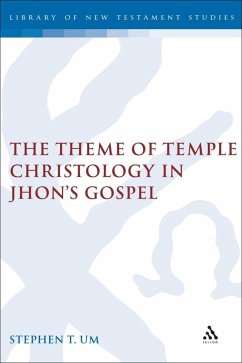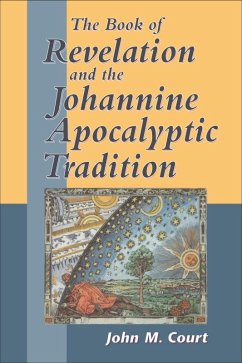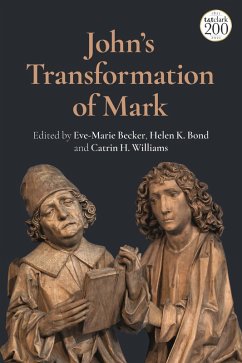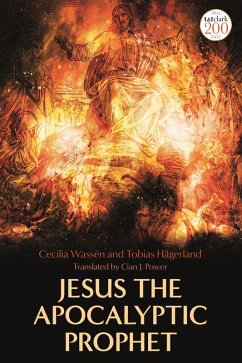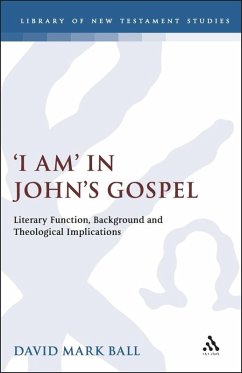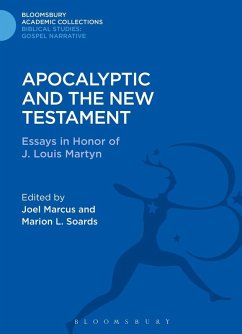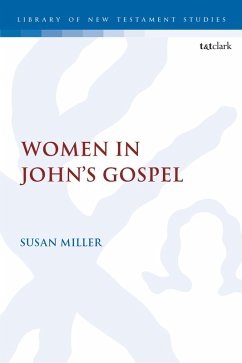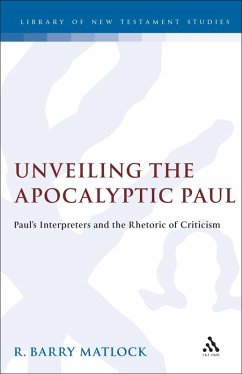
John's Gospel and Intimations of Apocalyptic (eBook, PDF)

PAYBACK Punkte
13 °P sammeln!
John's Gospel has traditionally been regarded as the least apocalyptic document in the New Testament. This exciting new collection redresses the balance by exploring the ways in which the apocalyptic literature of Second Temple Judaism has contributed to the theology and outlook of John's Gospel. Given that John, like the Jewish apocalyptic texts, is primarily concerned with the theme of revelation, the contributors examine how apocalyptic ideas can help to explain the Johannine portrayal of Jesus as the messenger sent from heaven to reveal the divine mysteries, as well as the Gospel's present...
John's Gospel has traditionally been regarded as the least apocalyptic document in the New Testament. This exciting new collection redresses the balance by exploring the ways in which the apocalyptic literature of Second Temple Judaism has contributed to the theology and outlook of John's Gospel. Given that John, like the Jewish apocalyptic texts, is primarily concerned with the theme of revelation, the contributors examine how apocalyptic ideas can help to explain the Johannine portrayal of Jesus as the messenger sent from heaven to reveal the divine mysteries, as well as the Gospel's presentation of the activity of the Spirit, its understanding of evil, and the intended effects of this 'apocalypse in reverse' on its readers and hearers. The highly distinguished contributors include, John Ashton, Christopher Rowland, April DeConick, Judith Lieu and Jorg Frey.




